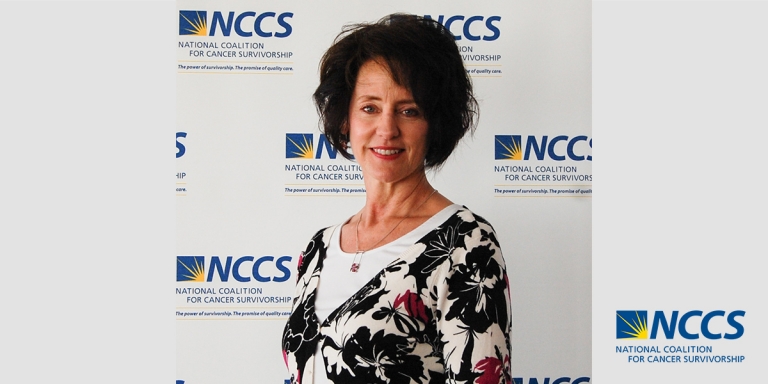
Seeing the Bigger Picture of Survival Through Patient Advocacy

What Caught Our Eye: Cassidy-Graham Repeal Plan; Bipartisan ACA Hearings; Financial Issues for Childhood Survivors; IBM’s Watson Not Living Up to Expectations; and More

What Caught Our Eye: ACA Support at All-Time High, Kasich: ACA Repeal is ‘Very Bad Idea,’ Cancer’s Financial Burden, and Your Cancer Genome

WCOE: Effects of Financial Toxicity, Patient Database Helps Researchers Nationally, New CLRC Handbook for Survivors, Metastatic Cancer and Employment


